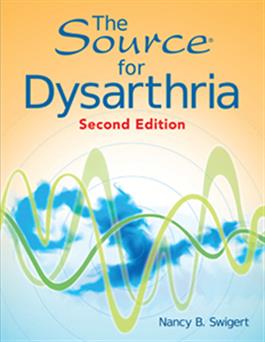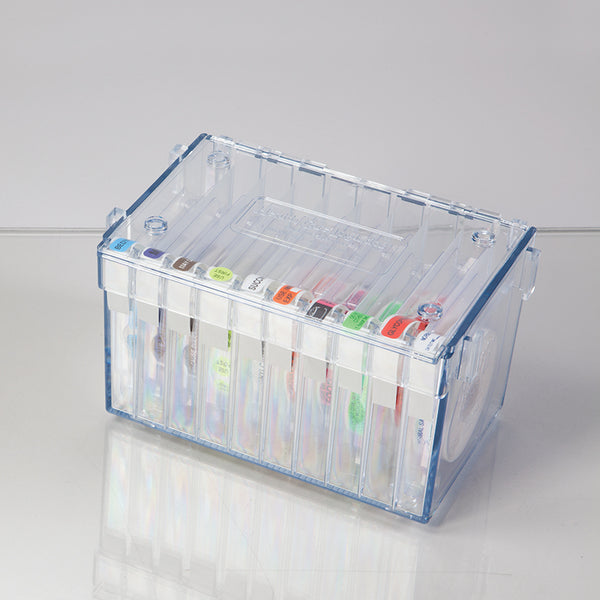Description
Ages: Birth-Adult
This second edition provides a refresher on the neurology of dysarthria as well as current information and lots of helpful tools for assessment, treatment planning, and treatment techniques. The Source for DysarthriaSecond Edition approach is organized around a perceptual framework, meaning it is based on using your listening skills to help make decisions about diagnosis and treatment (in contrast to using instrumental assessment). The information helps you:
- understand the interrelationships among respiration, phonation, resonance, articulation, and prosody
- determine possible causes for the observed symptoms
- incorporate long-term goals of intelligibility, comprehensibility, efficiency, and naturalness
The author explains the intricacies of dysarthria evaluation and gives guidelines for a differential diagnosis. A description of each type of dysarthria include:
- possible medical diagnoses
- associated neurological symptoms and reflexes
- typical patient complaints
- tasks to help distinguish the particular type of dysarthria
Updates in this edition include the latest information on:
- oral-motor exerciseswhat they do or don't do for improved speech intelligibility
- instrumentation
- measuring outcomes of intelligibility, comprehensibility, and efficiency
- treatment activities for comprehensibility and efficiency
- coding and billing for treatment
- dysarthria in children
The book comes with 120 printable pages of hands-on therapy tools:
- Perceptual Dysarthria Evaluation (adult and pediatric forms)
- informal evaluation forms for respiration, phonation, resonance, articulation, and prosody
- case history form
- 80 pages of word and sentence lists, reading passages, exercises, and activities to develop respiration, phonation, resonance, articulation, and prosody
- educational handouts
- activities for improving intelligibility and comprehensibility
To see more of this product's contents:
168-page book with an additional 120 printable pages (evaluation tools and therapy activities) 2010















